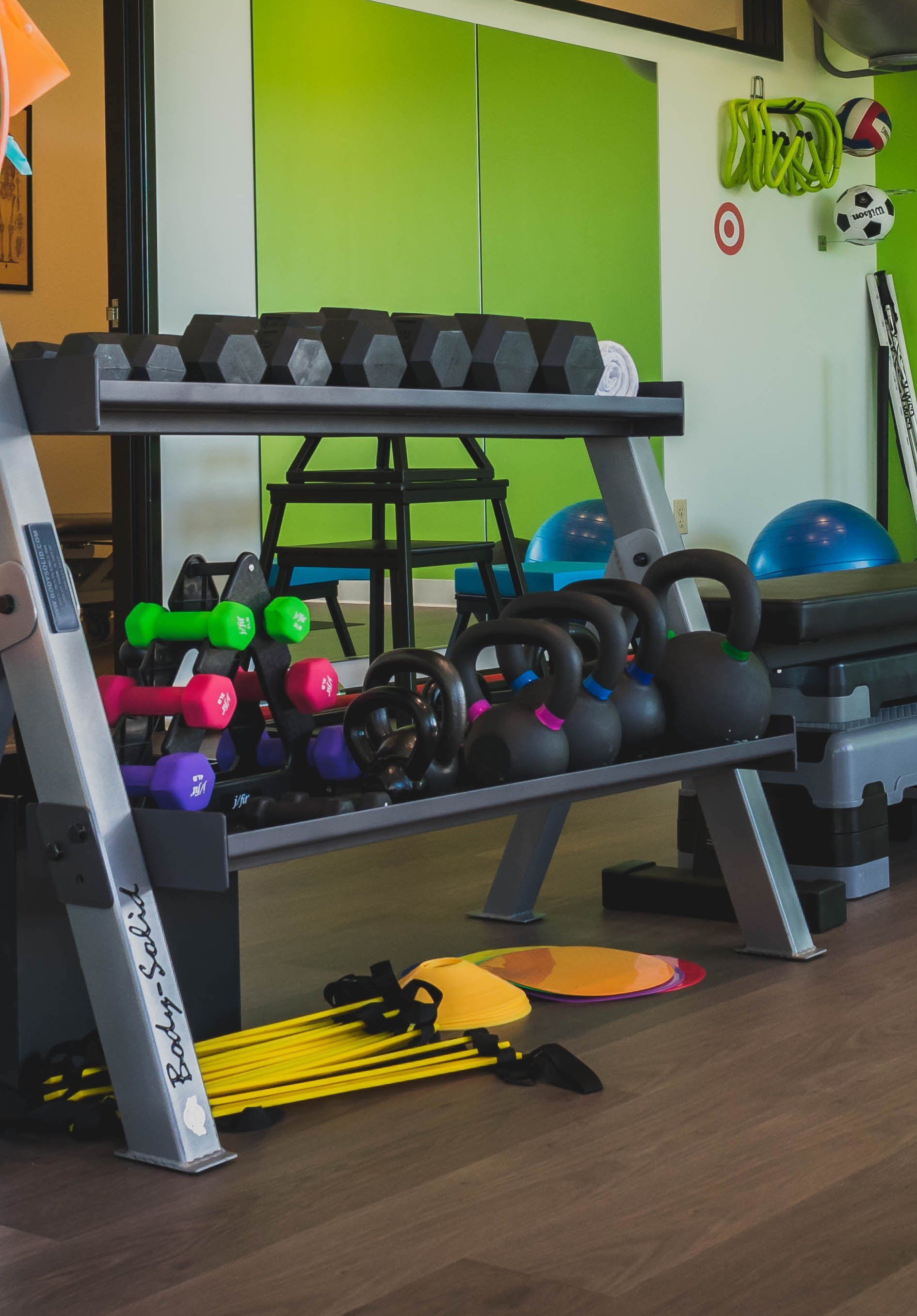Understanding Pediatric Torticollis
Understanding Pediatric Torticollis: Causes, Symptoms, and Treatment
Introduction
Pediatric torticollis is a condition that affects infants and young children, causing a tilt or rotation of the head. It can be concerning for parents, but with proper understanding and timely intervention, it can be effectively managed. In this blog post, we will delve into the causes, symptoms, and treatment options for pediatric torticollis, highlighting the role of physical therapy in the rehabilitation process.
Causes
Pediatric torticollis can arise from various factors, including:
- Congenital muscular torticollis: The most common form, typically resulting from tight or shortened neck muscles (sternocleidomastoid).
- Positional plagiocephaly: Occurs when a baby consistently favors one side while lying down, leading to flattening of the head and subsequent neck muscle imbalances.
- Infection or inflammation: Rarely, torticollis can be caused by infections, such as mastoiditis or retropharyngeal abscess, or inflammation of the neck muscles.
Symptoms
Parents and caregivers should look out for the following signs of pediatric torticollis:
- Head tilt: The infant’s head tilts to one side, often accompanied by limited neck range of motion.
- Limited movement: Difficulty turning the head fully to one or both sides, leading to a preference for facing one direction.
- Muscular asymmetry: Uneven muscle development on the affected side, noticeable when comparing the neck, face, or shoulders.
- Facial/head asymmetry: The baby’s face or head may appear flatter on one side due to consistent pressure on that side of the head.
Treatment
Early intervention is crucial in managing pediatric torticollis effectively. Physical therapy plays a significant role in the treatment process. Here are the key components of physical therapy for pediatric torticollis:
- Stretching exercises: A physical therapist will guide parents in performing gentle stretching exercises to lengthen the tight neck muscles and increase the range of motion.
- Strengthening exercises: Specific exercises aim to strengthen the weakened or underdeveloped muscles on the affected side of the neck and upper body.
- Tummy time: Encouraging supervised tummy time helps promote motor development and prevent positional plagiocephaly.
- Parent education: Physical therapists educate parents on proper handling, positioning, and environmental modifications to encourage balanced movement and reduce the likelihood of reoccurrence.
- Orthotic devices: In some cases, a physical therapist may recommend a cranial orthosis or helmet to correct head shape abnormalities associated with positional plagiocephaly.
Conclusion
Pediatric torticollis is a condition that can be effectively managed with early intervention and physical therapy. By addressing the underlying causes and promoting appropriate muscle development, physical therapists play a vital role in improving the child’s neck mobility and overall motor development. If you suspect your child may have torticollis, consult with a pediatrician or physical therapist to get a proper evaluation and start the necessary treatment promptly. Remember, with the right care and support, most children with pediatric torticollis can achieve full recovery.
